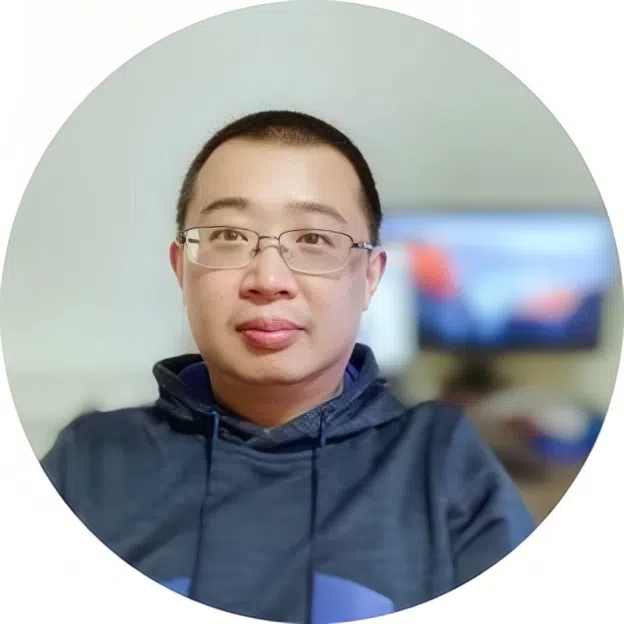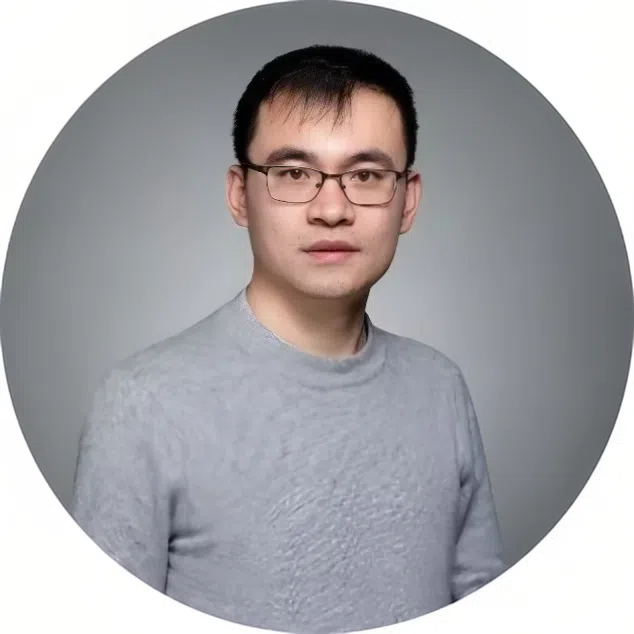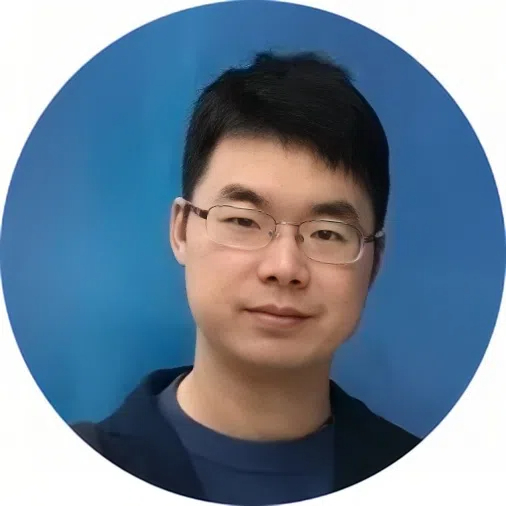Special Session 10 会议特别专题 10
Super-Resolution Theory, Methods, and Applications
Description: This special session aims to
bring together recent advances in super-resolution
for signal processing, focusing on both theoretical
developments and practical applications.
Super-resolution techniques, such as atomic norm
minimization, gridless sparse signal processing, and
low-rank matrix recovery, have shown great promise
in resolving fine-grained structures beyond
classical resolution limits. These methods have been
widely adopted in line spectral estimation,
direction-of-arrival (DOA) estimation,
range-angle-Doppler imaging, and various other
inverse problems across radar, array processing, and
wireless communications. We welcome contributions
that advance the theoretical understanding,
algorithmic development, and domain-specific
applications of super-resolution techniques.
Session organizers
Assoc. Prof. Feng Xi, Nanjing University of Science
and Technology, China
Asst. Prof. Dehui Yang, Xi’an Jiaotong-Liverpool
University, China
Assoc. Prof. Xiaohuan Wu, Nanjing University of
Posts and Telecommunications, China
The topics of interest include, but are not limited to:
▪ Line spectral
estimation and frequency recovery
▪ Atomic norm minimization and its performance
analysis
▪ Gridless sparse signal processing and compressed
sensing
▪ Super-resolution for array signal processing and
DOA estimation
▪ Learning-aided super-resolution approaches for
signal and image processing
▪ Super-resolution radar imaging and related inverse
problems
▪ High-resolution parameter estimation techniques
for wireless communications
▪ Convex and non-convex optimization techniques for
super-resolution
▪ Low-rank matrix recovery and structured matrix
completion algorithms
▪ Applications to MIMO radar, XL-MIMO, mmWave, and
RIS-assisted systems
Submission method
Submit your Full Paper (no less than 5 pages with two colums) or
your paper abstract-without publication (200-400
words) via
Online Submission System, then choose Special
Session 10 (Super-Resolution Theory, Methods, and
Applications)
Template Download
Introduction of
Session organizers
 Assoc. Prof. Feng Xi,
Nanjing University of
Science and Technology, China
Assoc. Prof. Feng Xi,
Nanjing University of
Science and Technology, China
Feng Xi received the Ph.D. degree in information and
communication engineering from Nanjing University of
Science and Technology, Nanjing, China. He is
currently an Associate Professor in the Department
of Electrical Engineering, Nanjing University of
Science and Technology. From 2018 to 2019, he was a
visiting scholar in the Preston M. Green Department
of Electrical and Systems Engineering (ESE) at
Washington University in St. Louis (WUSTL). His
research interests include radar signal processing,
statistical signal and array signal processing,
compressive sensing, and convex optimization.
 Asst. Prof. Dehui Yang,
Xi’an Jiaotong-Liverpool University, China
Asst. Prof. Dehui Yang,
Xi’an Jiaotong-Liverpool University, China
Dehui Yang earned his PhD in Electrical Engineering
from Colorado School of Mines in 2018. Before
joining Xi’an Jiaotong-Liverpool University as an
Assistant Professor in 2023, he worked as an applied
scientist at Uber Technologies Inc from 2021 to
2023. Prior to that, he was one of the founding data
scientists at Root Inc. His interests lie in the
general areas of data science, including sparse
signal processing and compressive sensing, and
predictive modeling using statistical machine
learning techniques. He serves as a reviewer for
international journals, including IEEE Transactions
on Signal Processing, IEEE Transactions on Image
Processing, IEEE Transactions on Information Theory,
IEEE Signal Processing Letters, IEEE Journal of
Selected Topics in Signal Processing, Applied and
Computational Harmonic Analysis, and Signal
Processing.
 Assoc. Prof. Xiaohuan Wu,
Nanjing University of Posts and Telecommunications,
China
Assoc. Prof. Xiaohuan Wu,
Nanjing University of Posts and Telecommunications,
China
Xiaohuan Wu received the B.S. and Ph.D. degrees from
the College of Telecommunication and Information
Engineering, Nanjing University of Posts and
Telecommunications, Nanjing, China, in 2010 and
2017, respectively, where he is currently an
Associate Professor. His current research interests
include array signal processing, compressive
sensing, millimeter communications and deep
learning.
